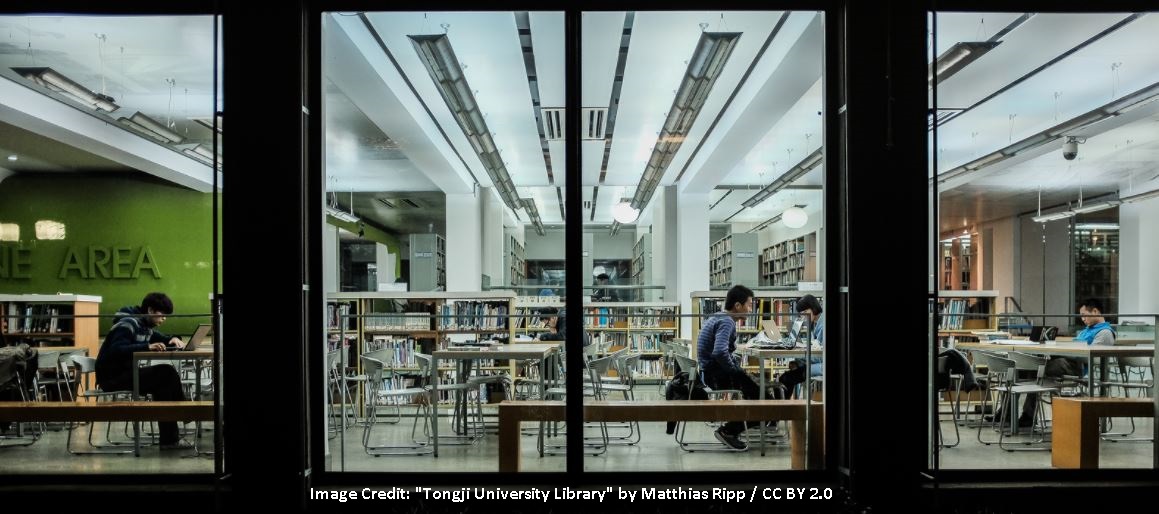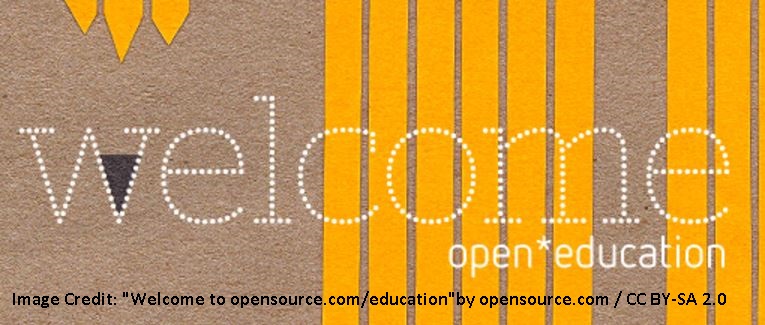Enabling lifelong learning through open education
Enabling lifelong learning through open education Patrick Blessinger St. John's University (NYC) and International HETL Association Broadly speaking, open education (OE) is the widening of access to high quality educational resources in order to promote lifelong learning and greater participation in higher learning and training. One of the driving principles of OE is that lifelong learning is a human right. Thus, at its heart, OE is an educational philosophy about how knowledge should be created, shared, and accessed, and it is this philosophy that drives OE principles, policies, processes, and practices. These ideas are further explained in the research-based book I published with OBP, Open Education: International Perspectives in Higher Education. UNESCO supports OER as a means for “…building of peace, sustainable social and economic development, and intercultural dialogue.” In addition to UNESCO, organizations such as the Hewlett Foundation, the International HETL Association, and Open Education Consortium, among others, have promoted the OE movement [...]


